Amazon Scraps Long Island City HQ2 Campus
The tech giant blamed political opposition for its withdrawal from a plan to create a 4 million-square-foot campus in Queens. Its next steps are unclear.
Amazon is breaking up with New York City. On Valentine’s Day, the company led by billionaire Jeff Bezos announced it was pulling out of its plan to build an HQ2 in Long Island City, Queens, due to opposition from state and local politicians.
In a statement on its blog, the company announced it will not be moving forward with its plans to develop a corporate campus in New York and will not look for another HQ2 site at this time. However, the company said it will be moving forward with its plans for Crystal City, Va., and Nashville, Tenn.
Amazon’s announcement comes on the heels of a report from The Washington Post last Friday that cast doubt on the company’s plans for Long Island City. But the report led many in the real estate industry to believe it was just a negotiating ploy, and there was not any real intention to scrap its plans.
“We are disappointed to have reached this conclusion—we love New York, its incomparable dynamism, people, and culture—and particularly the community of Long Island City, where we have gotten to know so many optimistic, forward-leaning community leaders, small business owners, and residents,” the company wrote in an announcement on their blog. “There are currently over 5,000 Amazon employees in Brooklyn, Manhattan, and Staten Island, and we plan to continue growing these teams.”
The company acknowledged that despite a majority of support by New Yorkers for the HQ2 plans, many elected officials in New York oppose it.
“While polls show that 70 percent of New Yorkers support our plans and investment, a number of state and local politicians have made it clear that they oppose our presence and will not work with us to build the type of relationships that are required to go forward with the project we and many others envisioned in Long Island City,” the company wrote.
Recriminations were quick to emerge. New York City Mayor Bill de Blasio placed the blame solely on the tech company.
“We gave Amazon the opportunity to be a good neighbor and do business in the greatest city in the world,” de Blasio said in a statement a few hours after the announcement. “Instead of working with the community, Amazon threw away that opportunity. We have the best talent in the world and every day we are growing a stronger and fairer economy for everyone. If Amazon can’t recognize what that’s worth, its competitors will.”
Real estate economists viewed Amazon’s pullout as a missed opportunity. While the proposal may bring its problems, opposition to the Long Island City campus will prove to be shortsighted and self-defeating, contends Hugh Kelly, principal at CRE Real Estate Economics and a CPE economics columnist.
“Transportation congestion, high housing costs, and gentrification have existed for years, and Amazon’s project can’t be blamed for them,” Kelly told CPE on Thursday. Addressing the problems are the responsibility of New York City’s leadership, he added, “and the base conditions are far more problematic than the marginal impacts of the Amazon project.”
Amazon’s decision to scuttle its Long Island City plan will also subtract a potential growth factor, suggested George Ratiu, director of quantitative and commercial research at the National Association of Realtors and a CPE economics columnist. The multiplier effect of Amazon’s new campus would have created between 7,500 and 12,500 jobs annually in the metro area.
“For developers of housing, office and retail projects, this will suck some of the air out of hoped-for returns,” Ratiu told CPE on Thursday. Given the local housing shortage, he speculated that a large-scale presence for Amazon would have further pressured home prices, rents and the cost of living.
As for Amazon’s next steps, Ratiu speculated that several alternatives could be in play. Expanding its planned footprint in the Crystal City/National Landing site of Arlington, Va., is a possibility, as are other locations in the capital region. And, he noted, Amazon “retains a long list of metro areas which have submitted their bids, with generous incentives,” among them Atlanta, Chicago, Denver and Newark, N.J.
Real estate reacts
The real estate industry, which had overwhelmingly supported Amazon’s HQ2 plan for Long Island City, was quick to express its dismay over the company’s decision to pull out of New York.
John Banks, the president of the Real Estate Board of New York (REBNY), expressed disappointment in a statement released soon after the announcement.
“New York’s renaissance over the past forty years has been due in part to our ability to work through difficult issues that have led to record population and job growth and the emergence of our city as a true global capital,” said Banks. “It’s unfortunate that we have lost out on an opportunity to create tens of thousands of jobs for city residents and generate billions of dollars in tax revenue to fund vital services including infrastructure improvements for transportation, schools, and open space. Nevertheless, New York City is still open for business and will retain its status as a world class center for tech and innovation.”
New York Building Congress president & CEO Carlo Scissura echoed Banks’ disappointment, blaming politics for Amazon’s decision. “It is sad that the loud voices of a few can derail an opportunity that would benefit countless people,” Scisurra commented in a statement. “New York City is the new capital of the tech industry, and this is where Amazon belongs.
Amazon’s decision to pass on New York City will cost tens of thousands of jobs, he predicted, take a lasting economic toll, “and send a cautionary message to companies around the world about calling New York home,” he added. Scissura pledged to help attract continued investment in the city from technology companies, including Amazon.
A spokesperson for the Retail, Wholesale and Department Store Union (RWDSU) had a fiery response to Amazon’s announcement, blaming the tech giant for mishandling the deal and calling the company irresponsible.
“Rather than addressing the legitimate concerns that have been raised by many New Yorkers, Amazon says you do it our way or not at all, we will not even consider the concerns of New Yorkers – that’s not what a responsible business would do,” said Chelsea Connor, director of communications for RWDSU, in a statement.
The chosen one
Amazon announced in November that it had chosen New York as one of its locations for an HQ2. In addition to a plan to invest $2.5 billion in the campus and create 25,000 new jobs, the online retail giant negotiated $3 billion in tax credits and incentives from the city and the state to plant its flag in New York.
The announcement garnered support from many in the real estate industry, including REBNY, NYBC and The Building and Construction Trades Council of Greater New York.
But some local city council members, who initially championed Amazon’s plan, soured on the decision after learning more details about what it entailed and feeling cut out of the oversight process.
Amazon executives were grilled for more than three hours during a City Council hearing in December over the company’s plans for Long Island City and the tax breaks and incentives that would be included in the deal. Many council members fumed over what they saw as Amazon’s weak investment in local workforce development, no promise to upgrade public transit systems nearby but a proposed helipad for executives, and the company avoiding having to go through the standard land-use review process.
City Council Speaker Corey Johnson, who opposed the plan from the start, reacted to Amazon’s canceled Long Island City plan Thursday afternoon, and he couldn’t resist taking a last dig at the company.
“I look forward to working with companies that understand that if you’re willing to engage with New Yorkers and work through challenging issues, New York City is the world’s best place to do business,” said Johnson in a statement. “I hope this is the start of a conversation about vulture capitalism and where our tax dollars are best spent. I know I’d choose mass transit over helipads any day.”
In an op-ed for USA Today last Friday, when reports surfaced that Amazon was re-thinking its Long Island City campus, State Senator Mike Gianaris of Queens wrote that the reality of the deal would not be a win for New Yorkers.
“While some rejoiced over the news, our aging subway system continued to crumble, Queens parents fought over scarce kindergarten seats, and housing costs skyrocketed,” wrote Gianaris. “In an era of historic income inequality, granting massive subsidies to a very wealthy corporation does not mean we were smart: It means we were played.”
Image via Wikimedia Commons

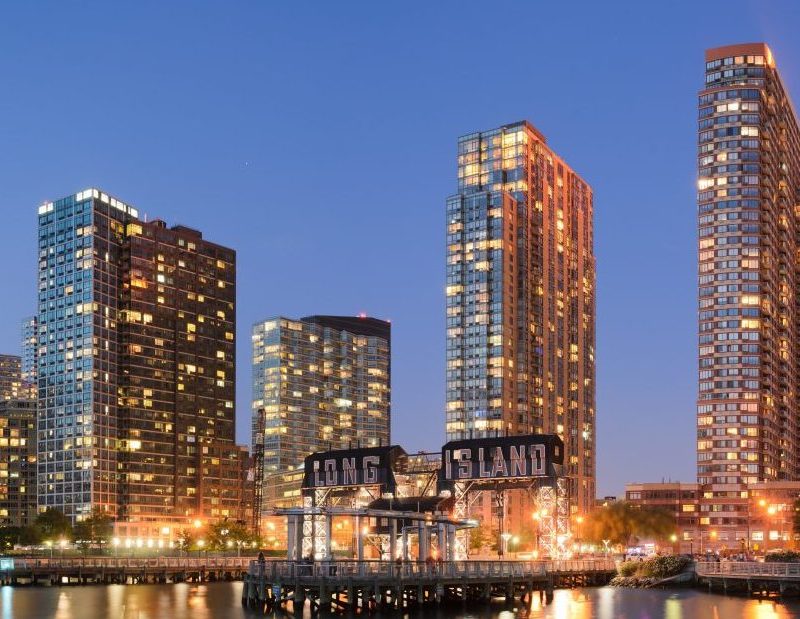
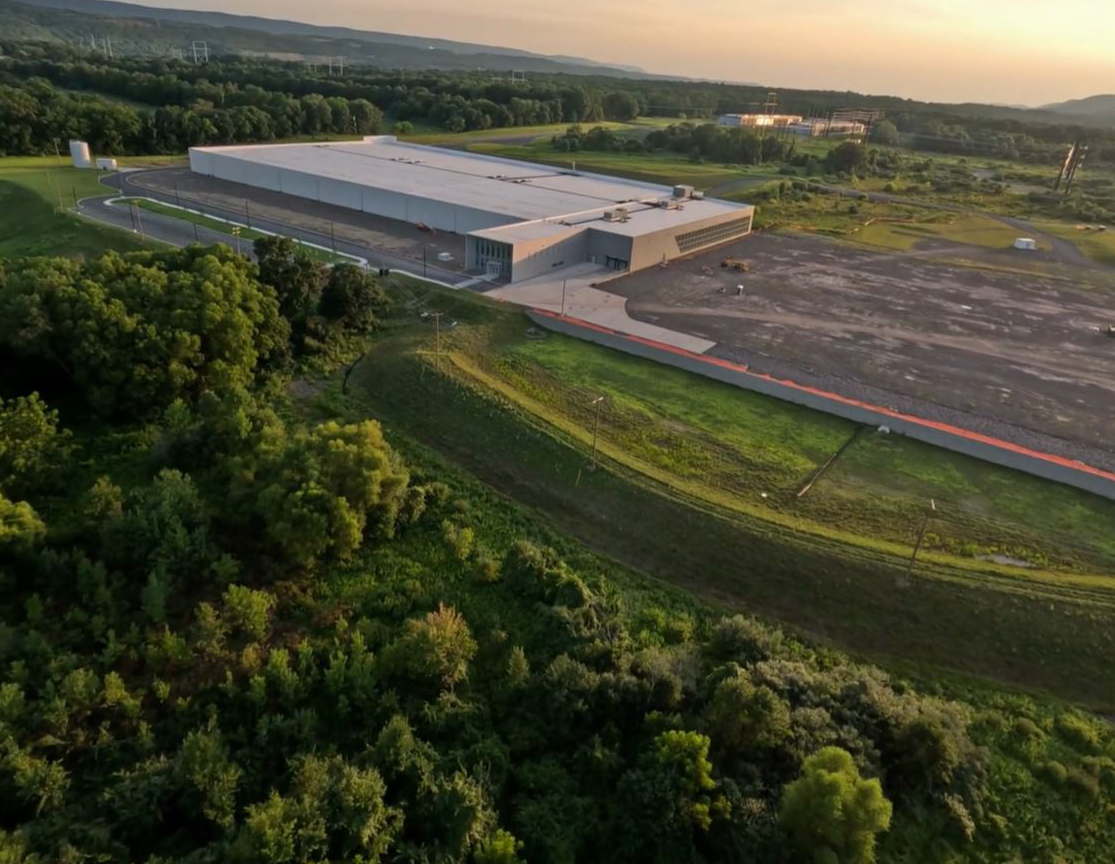
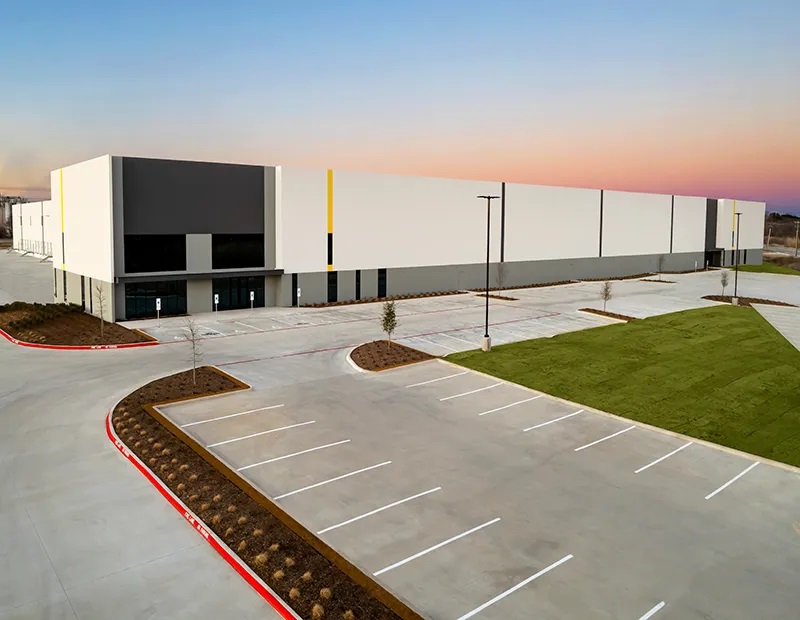
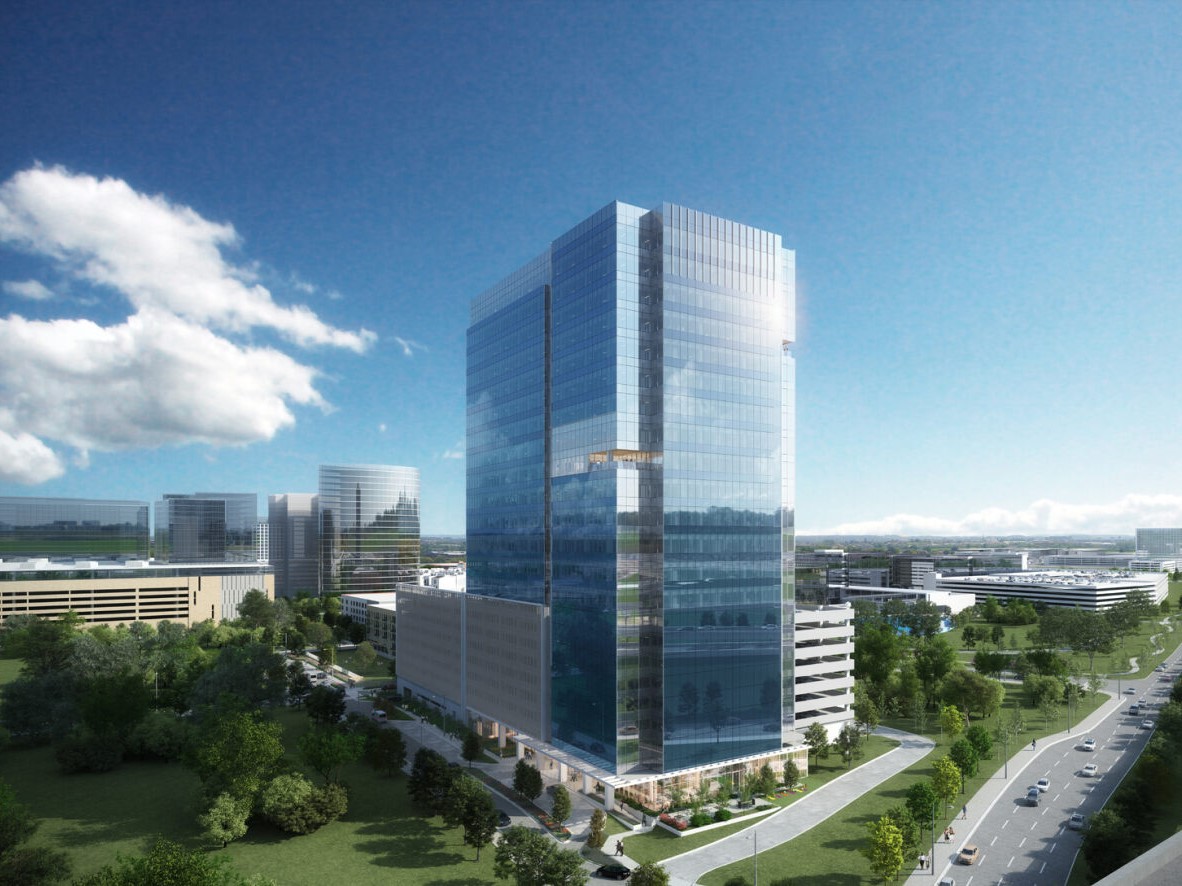
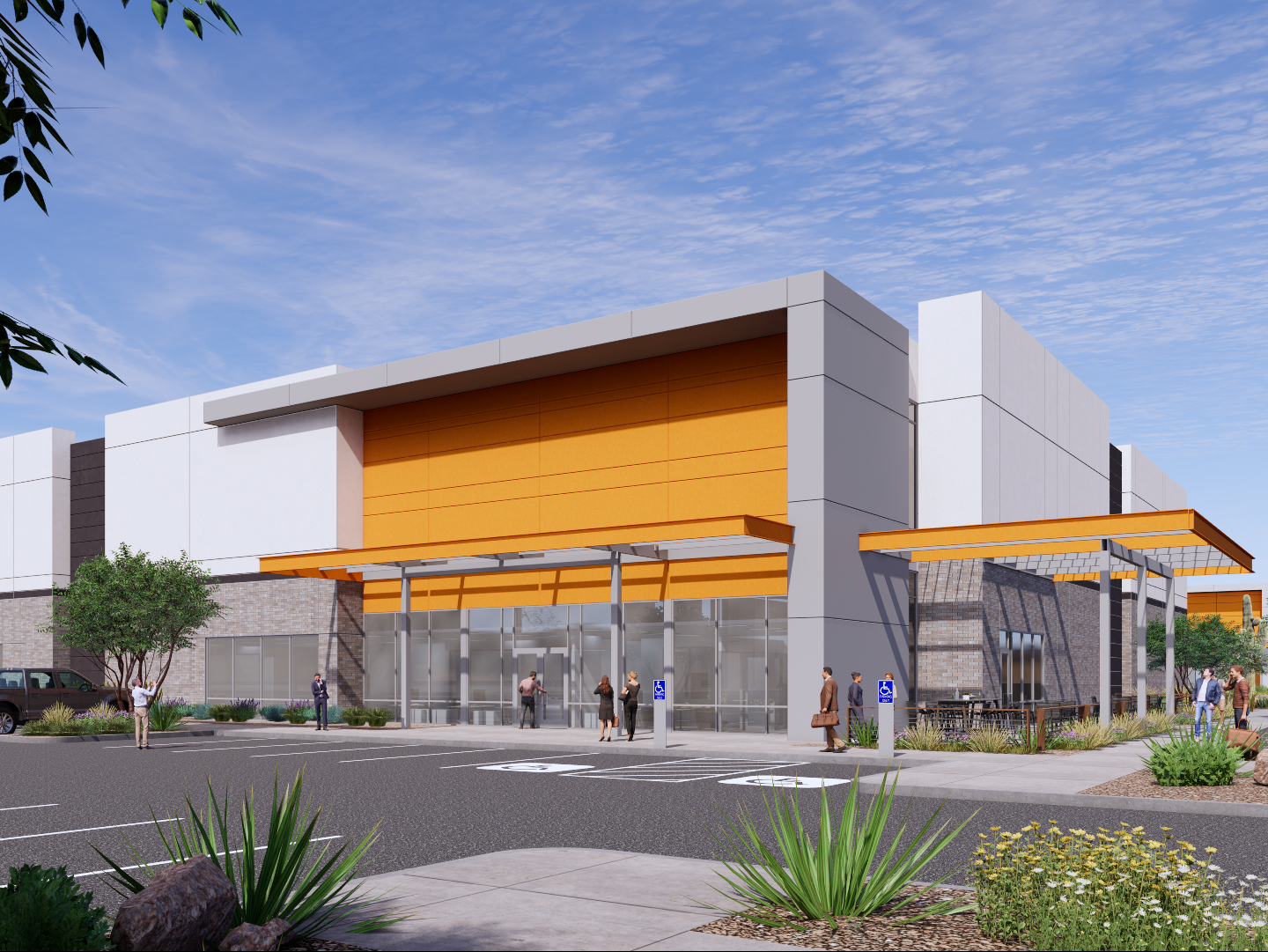
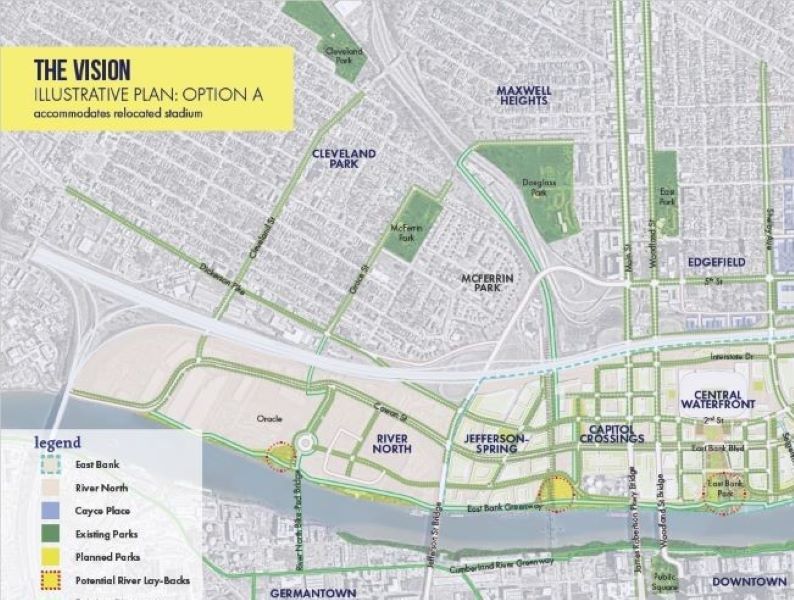
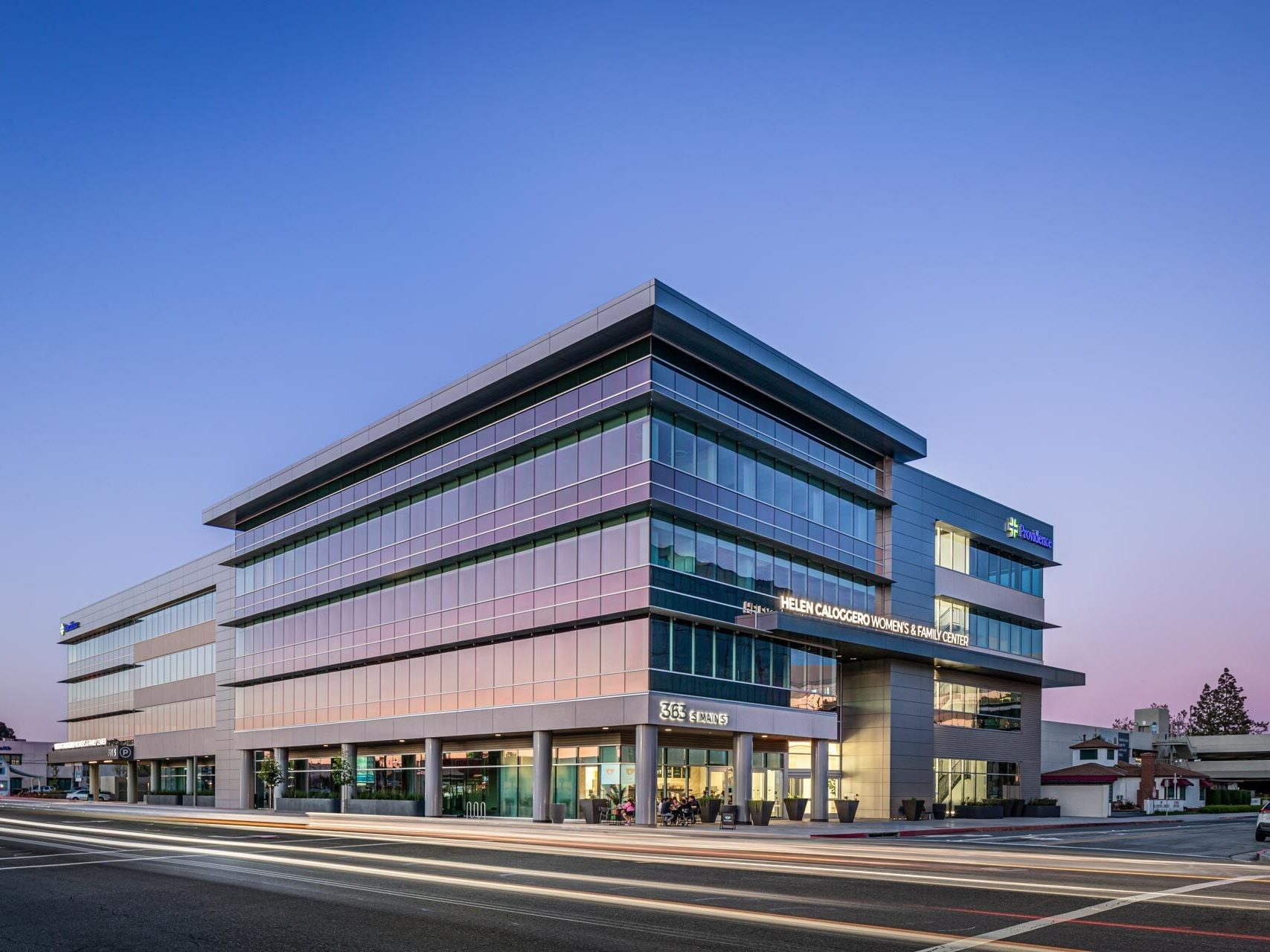
You must be logged in to post a comment.